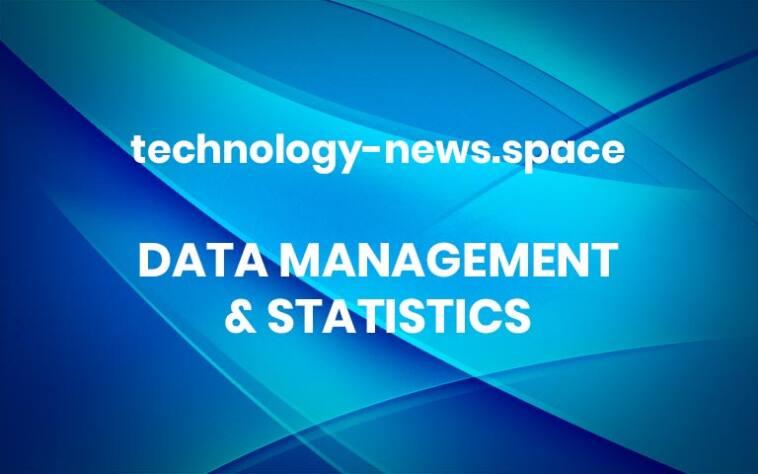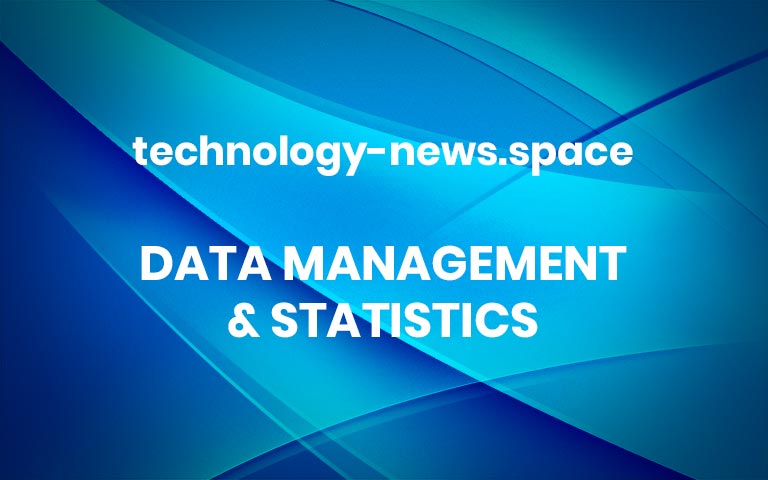MIT welcomes eight MLK Visiting Professors and Scholars for 2022-23
From space traffic to virus evolution, community journalism to hip-hop, this year’s cohort in the Martin Luther King Jr. (MLK) Visiting Professors and Scholars Program will power an unprecedented range of intellectual pursuits during their time on the MIT campus.
“MIT is so fortunate to have this group of remarkable individuals join us,” says Institute Community and Equity Officer John Dozier. “They bring a range and depth of knowledge to share with our students and faculty, and we look forward to working with them to build a stronger sense of community across the Institute.”
Since its inception in 1990, the MLK Scholars Program has hosted more than 135 visiting professors, practitioners, and intellectuals who enhance and enrich the MIT community through their engagement with students and faculty. The program, which honors the life and legacy of MLK by increasing the presence and recognizing the contributions of underrepresented scholars, is supported by the Office of the Provost with oversight from the Institute Community and Equity Office.
In spring 2022, MIT President Rafael Reif committed to MIT to adding two new positions in the MLK Visiting Scholars Program, including an expert in Native American studies. Those additional positions will be filled in the coming year.
The 2022-23 MLK Scholars:
Daniel Auguste is an assistant professor in the Department of Sociology at Florida Atlantic University and is hosted by Roberto Fernandez in MIT Sloan School of Management. Auguste’s research interests include social inequalities in entrepreneurship development. During his visit, Auguste will study the impact of education debt burden and wealth inequality on business ownership and success, and how these consequences differ by race and ethnicity.
Tawanna Dillahunt is an associate professor in the School of Information at the University of Michigan, where she also holds an appointment with the electrical engineering and computer science department. Catherine D’Ignazio in the Department of Urban Studies and Planning and Fotini Christia in the Institute for Data, Systems, and Society are her faculty hosts. Dillahunt’s scholarship focuses on equitable and inclusive computing. She identifies technological opportunities and implements tools to address and alleviate employment challenges faced by marginalized people. Dillahunt’s visiting appointment begins in September 2023.
Javit Drake ’94 is a principal scientist in modeling and simulation and measurement sciences at Proctor & Gamble. His faculty host is Fikile Brushett in the Department of Chemical Engineering. An industry researcher with electrochemical energy expertise, Drake is a Course 10 (chemical engineering) alumnus, repeat lecturer, and research affiliate in the department. During his visit, he will continue to work with the Brushett Research Group to deepen his research and understanding of battery technologies while he innovates from those discoveries.
Eunice Ferreira is an associate professor in the Department of Theater at Skidmore College and is hosted by Claire Conceison in Music and Theater Arts. This fall, Ferreira will teach “Black Theater Matters,” a course where students will explore performance and the cultural production of Black intellectuals and artists on Broadway and in local communities. Her upcoming book projects include “Applied Theatre and Racial Justice: Radical Imaginings for Just Communities” (forthcoming from Routledge) and “Crioulo Performance: Remapping Creole and Mixed Race Theatre” (forthcoming from Vanderbilt University Press).
Wasalu Jaco, widely known as Lupe Fiasco, is a rapper, record producer, and entrepreneur. He will be co-hosted by Nick Montfort of Comparative Media Studies/Writing and Mary Fuller of Literature. Jaco’s interests lie in the nexus of rap, computing, and activism. As a former visiting artist in MIT’s Center for Art, Science and Technology (CAST), he will leverage existing collaborations and participate in digital media and art research projects that use computing to explore novel questions related to hip-hop and rap. In addition to his engagement in cross-departmental projects, Jaco will teach a spring course on rap in the media and social contexts.
Moribah Jah is an associate professor in the Aerospace Engineering and Engineering Mechanics Department at the University of Texas at Austin. He is hosted by Danielle Wood in Media Arts and Sciences and the Department of Aeronautics and Astronautics, and Richard Linares in the Department of Aeronautics and Astronautics. Jah’s research interests include space sustainability and space traffic management; as a visiting scholar, he will develop and strengthen a joint MIT/UT-Austin research program to increase resources and visibility of space sustainability. Jah will also help host the AeroAstro Rising Stars symposium, which highlights graduate students, postdocs, and early-career faculty from backgrounds underrepresented in aerospace engineering.
Louis Massiah SM ’82 is a documentary filmmaker and the founder and director of community media of Scribe Video Center, a nonprofit organization that uses media as a tool for social change. His work focuses on empowering Black, Indigenous, and People of Color (BIPOC) filmmakers to tell the stories of/by BIPOC communities. Massiah is hosted by Vivek Bald in Creative Media Studies/Writing. Massiah’s first project will be the launch of a National Community Media Journalism Consortium, a platform to share local news on a broader scale across communities.
Brian Nord, a scientist at Fermi National Accelerator Laboratory, will join the Laboratory for Nuclear Science, hosted by Jesse Thaler in the Department of Physics. Nord’s research interests include the connection between ethics, justice, and scientific discovery. His efforts will be aimed at introducing new insights into how we model physical systems, design scientific experiments, and approach the ethics of artificial intelligence. As a lead organizer of the Strike for Black Lives in 2020, Nord will engage with justice-oriented members of the MIT physics community to strategize actions for advocacy and activism.
Brandon Ogbunu, an assistant professor in the Department of Ecology and Evolutionary Biology at Yale University, will be hosted by Matthew Shoulders in the Department of Chemistry. Ogbunu’s research focus is on implementing chemistry and materials science perspectives into his work on virus evolution. In addition to serving as a guest lecturer in graduate courses, he will be collaborating with the Office of Engineering Outreach Programs on their K-12 outreach and recruitment efforts.
For more information about these scholars and the program, visit mlkscholars.mit.edu. More



